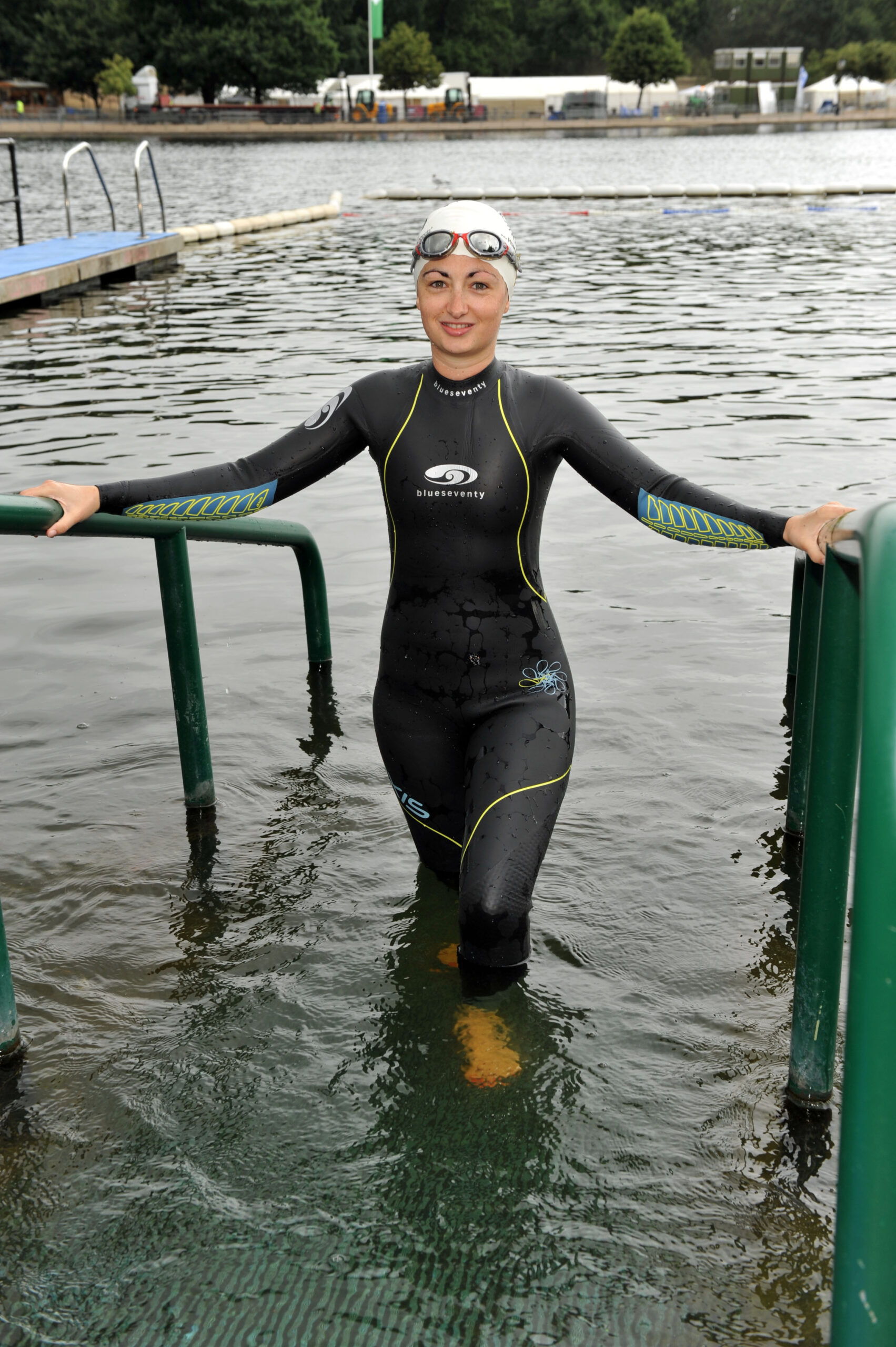British Triathlon have announced a significant change to their transgender policy. As of 1 January 2023, all triathletes, including age-group and elite, will compete in either a Female Category or an Open Category.
In a first for any UK sport, the Open category will include "all individuals, including male, transgender and those non-binary who were male sex at birth." The Female category, meanwhile, will be "for those who are the female sex at birth."
The change to the policy means that all GB transgender females will be excluded from competing in any female triathlon event, at either elite or age-group level, both in Great Britain and abroad.
The policy covers competitive events only, so those races that have prizes, times, and/or rankings, and is applicable to all athletes over the age of 12.
British Triathlon's current transgender policy, which is still in affect until the end of 2022, states that "trans women – over 16 and post puberty – may compete in their affirmed gender in female or mixed-sex domestic competition by providing evidence that their hormone therapy has brought blood-measured testosterone levels within the range of their affirmed gender or that they have had a gonadectomy. They may compete in any male or mixed-sex competition if they have not started hormone treatment."
Transgender policy changes in cycling and swimming
The announcement has come at a critically-divisive time in sport, and follows the recent policy changes at British Cycling and FINA, swimming's international governing body, who have both done a u-turn to ban transgender athletes from women's elite events if they went through male puberty.
FINA are now also exploring an open category at competitions for swimmers whose gender identity is different than their birth sex.
Unlike triathlon, both sports had high-profile transgender female athletes – Lia Thomas in swimming and Emily Bridges in cycling – competing in their women's elite categories.
"We didn't want to be a governing body that waited for there to be a problem before we tried to fix it," said Andy Salmon, British Triathlon's CEO. "We're not aware of any elite-level transgender [tri]athletes, but we don't know what's going to happen tomorrow or the next day, and we wanted to be ready for that day. That's very much driven our thinking and the pace we've moved at on this topic."
What is World Triathlon's transgender policy?
World Triathlon are yet to announce their own transgender policy, so questions remain how British Triathlon's will align.
"We have a really strong relationship with World Triathlon," said Salmon. "And we've been talking to them about this since last autumn. I aim for British Triathlon to continue to support World Triathlon to follow a good process, which has been really crucial in developing our policy. We hope they come up with a policy that's very much aligned with ours."
As with British Cycling and FINA, British Triathlon's new policy will also see transgender females excluded from women's elite World and Europe Triathlon competitions, as "only people who are the female sex at birth will be eligible to be selected to represent GB for international events in the female category, irrespective of World and/or Europe Triathlon policy."
The same rule also applies to international age-group races.
Statement from British Triathlon Federation on transgender policy update
"Following the publication of the Sports Councils Equality Group (SCEG) Guidance for Domestic Competition in September 2021 and the subsequent announcement by the IOC in November 2021, British Triathlon has reviewed its Transgender Policy following a period of consultation to ensure that it reflects the needs of our sport, protects fairness in competition and serves our desire to make triathlon truly inclusive.
"Our policy outlines that triathlon is a sport for everyone and that transphobic behaviour will not be tolerated.
"It confirms that triathlon is a gender-affected sport and so for competitive events (those races that have prizes, times, and/or rankings) for athletes over the age of 12, there will be two categories; a Female category, (for those who are the female sex at birth), and an Open category, (for all individuals including male, transgender and those non-binary who were male sex at birth).
"We started this process at the end of 2021 and went through a period of independent consultation earlier this year to explore options for categorisation into triathlon competition in Great Britain.
"This ensured that along with the latest research, we heard from our community, key groups and individuals about their views and experiences.
"We’ll now take time to develop guidance for event organisers, clubs, officials and coaches, to share this autumn, before the policy comes into effect from 1 January 2023.
"This guidance will support the implementation of this policy and serve to ensure that our sport continues to develop in being welcoming, supportive and inclusive for everyone.
"British Triathlon wants to make clear, that it does not tolerate transphobic behaviour, harassment, bullying or hate speech of any kind.
"Anyone commenting on our policy, should do so with empathy and consideration for all of those who have been involved and who may still have questions and concerns about how the policy impacts them."
Top image: Getty Images
